
Author Mads Timmermann
Mads has 15+ years of experience as a skin expert and has written/read this article.
🔥 New Updated 2025 Guide: 🔥
👉 Get the Clean Skin Guide now
Tired of acne and breakouts that never go away? 🤔
Learn how to fight your acne effectively and quickly.
🌟 390,067 others have already received the guide.
Acne is a skin condition that affects many people, and stress is often discussed as a possible trigger for breakouts. Understanding the link between stress and skin health is critical as it can inform better management and treatment strategies. When we are under stress, our body produces stress hormones like cortisol, which can increase oil production in the skin glands, leading to acne. Furthermore, stress can also impact our immune system and exacerbate inflammation, which is another culminating factor in the development of acne.
We know that managing stress is easier said than done, especially in our fast-paced modern society. However, our skin's condition often reflects our overall well-being, which means that adopting stress-reduction practices can be beneficial not just for our mental health but also for our skin. While stress might not be the sole cause of acne, it is a contributing factor, and addressing it can play a role in the clearer, healthier skin. By exploring the mechanisms of how stress affects our skin and learning about preventive measures, we can be better equipped to tackle the issue.
Key Takeaways
- Stress can lead to increased oil production and inflammation, contributing to acne.
- Our skin's health can reflect our psychological stress, highlighting the mind-body connection.
- Managing stress through various strategies can be part of an effective approach to reducing acne.
Understanding Stress and Acne
Many of us are familiar with acne, but not everyone knows that stress can play a significant role in triggering skin breakouts. Let's explore how stress directly affects acne formation.
The Science Behind Stress-Acne Connection
When we're stressed, our bodies respond by releasing stress hormones like cortisol. These hormones trigger a chain reaction that can lead to increased oil production in our skin's sebaceous glands. This excess oil can clog pores, creating the perfect environment for acne-causing bacteria to thrive. Studies have shown a correlation between high stress levels and the severity of acne.
Key factors in stress-acne connection include:
- Increase in oil production
- Inflammation
- Slowed wound healing
Stress Hormones and Skin Health
Our skin is an incredibly sensitive organ, responding not just to external factors but also to changes within our bodies. The hormones released during stressful periods, particularly cortisol and adrenal androgens, can compromise skin health by:
- Promoting inflammation: Chronic stress often leads to sustained inflammation, exacerbating acne symptoms.
- Affecting immune response: Stress can weaken the immune system's ability to fight off acne-causing bacteria.
- Impacting skin barrier function: A weakened skin barrier can become more susceptible to irritation and infection, potentially worsening acne.
For individuals with acne-prone skin, managing stress can be a critical component of their skincare routine.
Factors Contributing to Stress-Induced Acne
Stress can have a profound impact on our skin's health, often triggering or worsening acne breakouts. Understanding the factors that play into stress-induced acne is crucial for managing this skin condition effectively.
Dietary Influences on Stress and Skin
Our diet significantly affects how our body responds to stress, which can, in turn, influence skin condition. For instance, consuming high-glycemic foods may not only contribute to stress but also exacerbate acne issues. Foods and drinks high in sugar or refined carbohydrates can lead to a spike in blood sugar and insulin levels, potentially increasing inflammation and sebum production, which are known contributors to acne development. Addressing our dietary choices is a key step in mitigating stress-related skin issues.
Sleep and Acne Dynamics
Adequate sleep is vital in maintaining our overall well-being and significantly affects our skin health. When we're sleep deprived, our body increases the production of stress hormones like cortisol. Elevated cortisol can boost sebum production, leading to the possibility of blocked pores and acne outbreaks. Ensuring we get enough quality sleep helps keep these hormone levels balanced and can reduce the risk of stress-induced acne.
Lifestyle and Environmental Stressors
Our day-to-day activities and the environment we live in can serve as stressors with the potential to affect our skin's condition. Factors such as pollution, UV exposure, and tobacco smoke can lead to oxidative stress, which harms skin cells and potentially lays the groundwork for acne flare-ups. Moreover, hectic schedules and chronic stress can disrupt hormonal balance, making it all the more important for us to manage these external pressures through stress-reduction techniques and proper skin care.
Preventative Strategies and Treatments
Understanding the preventative strategies and treatments for stress-related acne is crucial. We can manage stress and take care of our skin through targeted approaches, potentially reducing breakouts.
Stress Management Techniques
We must prioritize stress management as a preventative strategy for acne. Simple techniques like deep breathing, meditation, and regular exercise can help manage stress levels. Additionally, practices like yoga and mindfulness can improve our mental well-being, potentially minimizing stress-induced acne.
Clinical Treatments for Acne
When looking at clinical treatments for acne, we find a range of options. Over-the-counter topical treatments containing ingredients like salicylic acid and benzoyl peroxide can be effective. For more severe cases, a dermatologist may prescribe oral antibiotics or retinoids. It's important to follow a healthcare professional's advice to tailor treatment to our specific needs.
Skincare Regimens and Practices
Our skincare regimens are vital in preventing and treating acne. We should cleanse gently twice a day and use non-comedogenic moisturizers and makeup. Regularly incorporating treatments tailored for our skin type can be beneficial; doing a customized skin care routine can optimize our regimen. Additionally, it's important to avoid harsh scrubs or picking at the skin to prevent irritation and potential scarring. Using quality skin care products specifically designed for acne-prone skin can also help keep our skin clear.
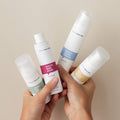
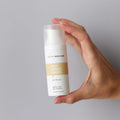
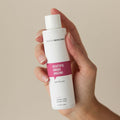
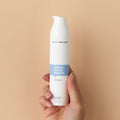
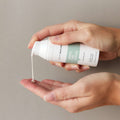
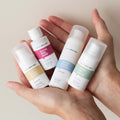
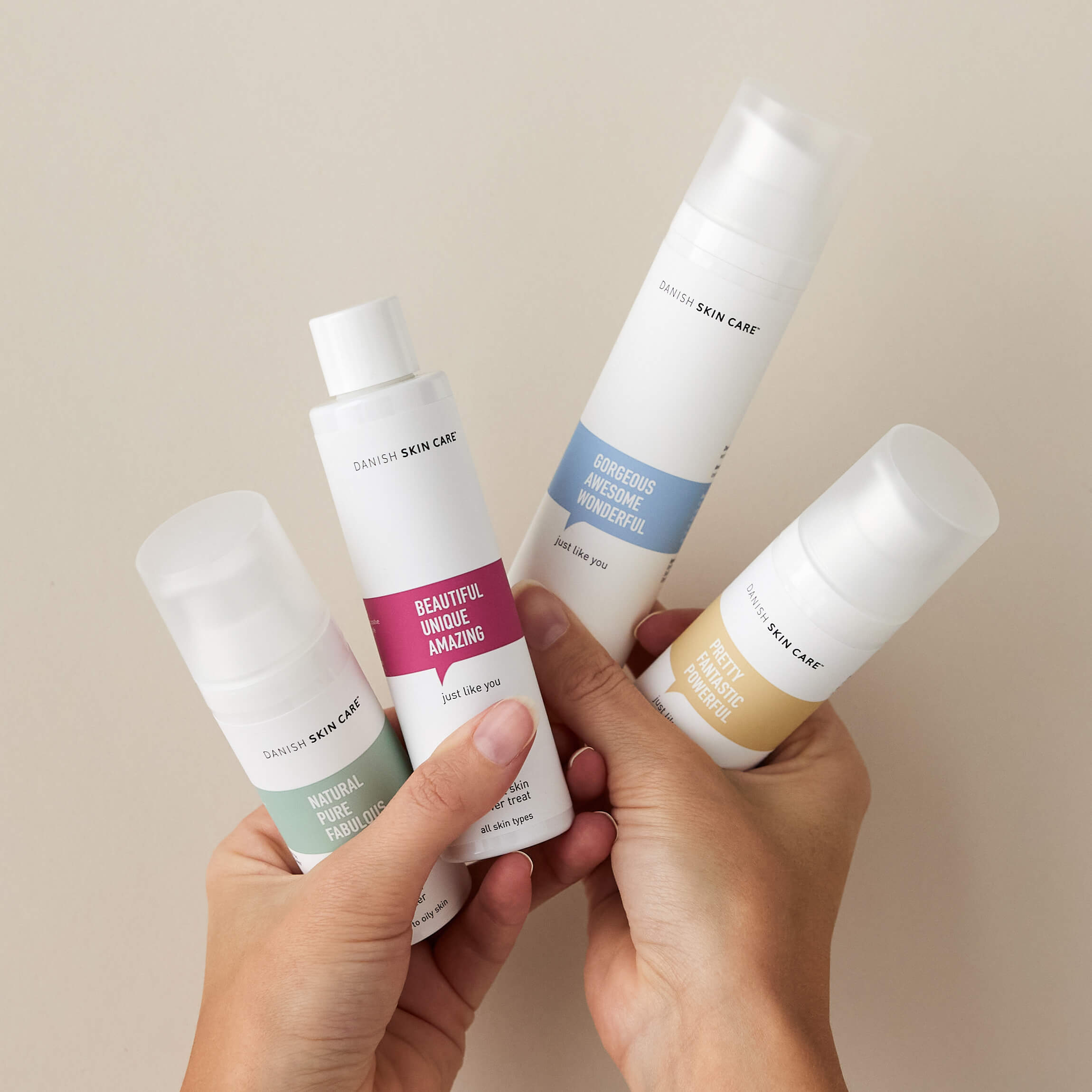
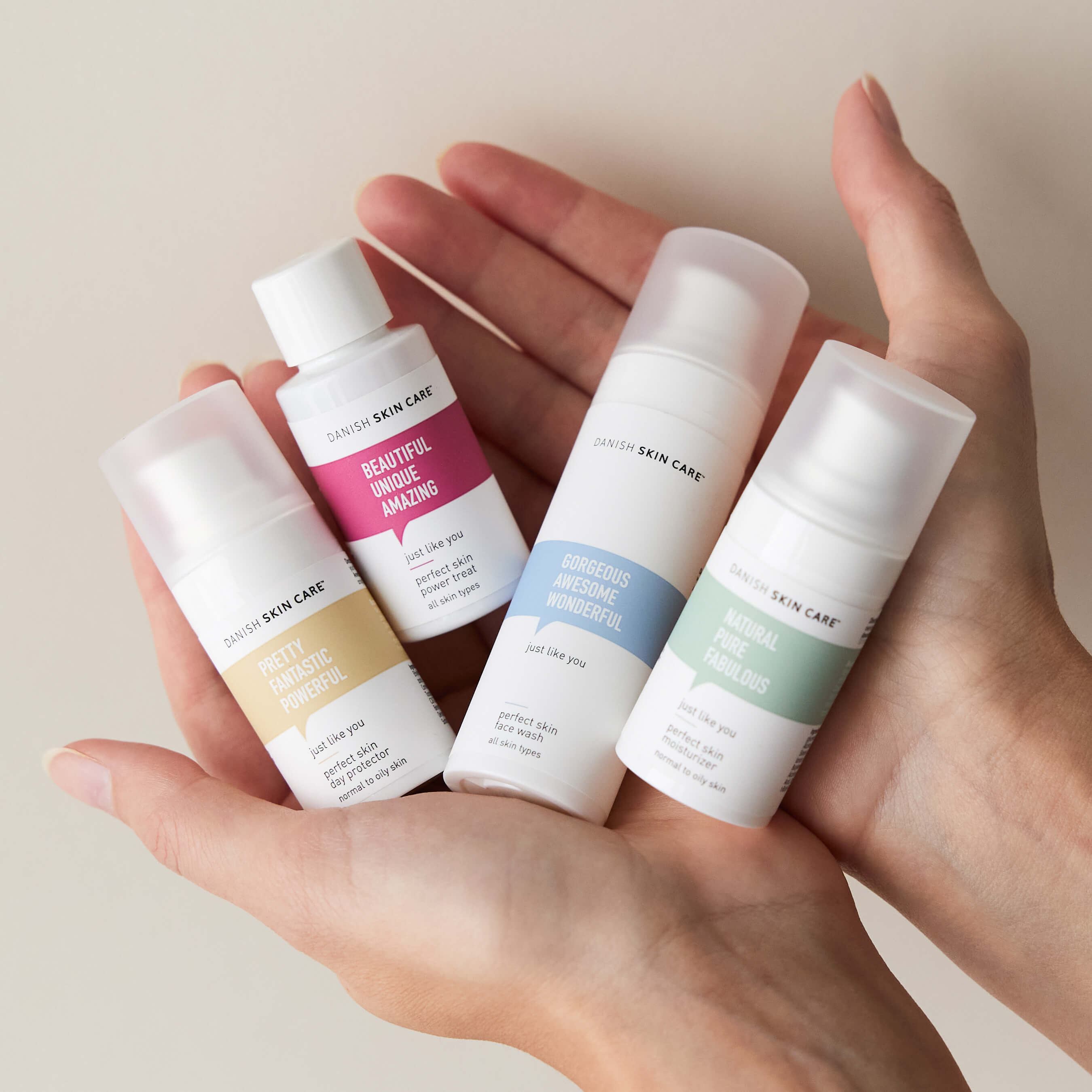
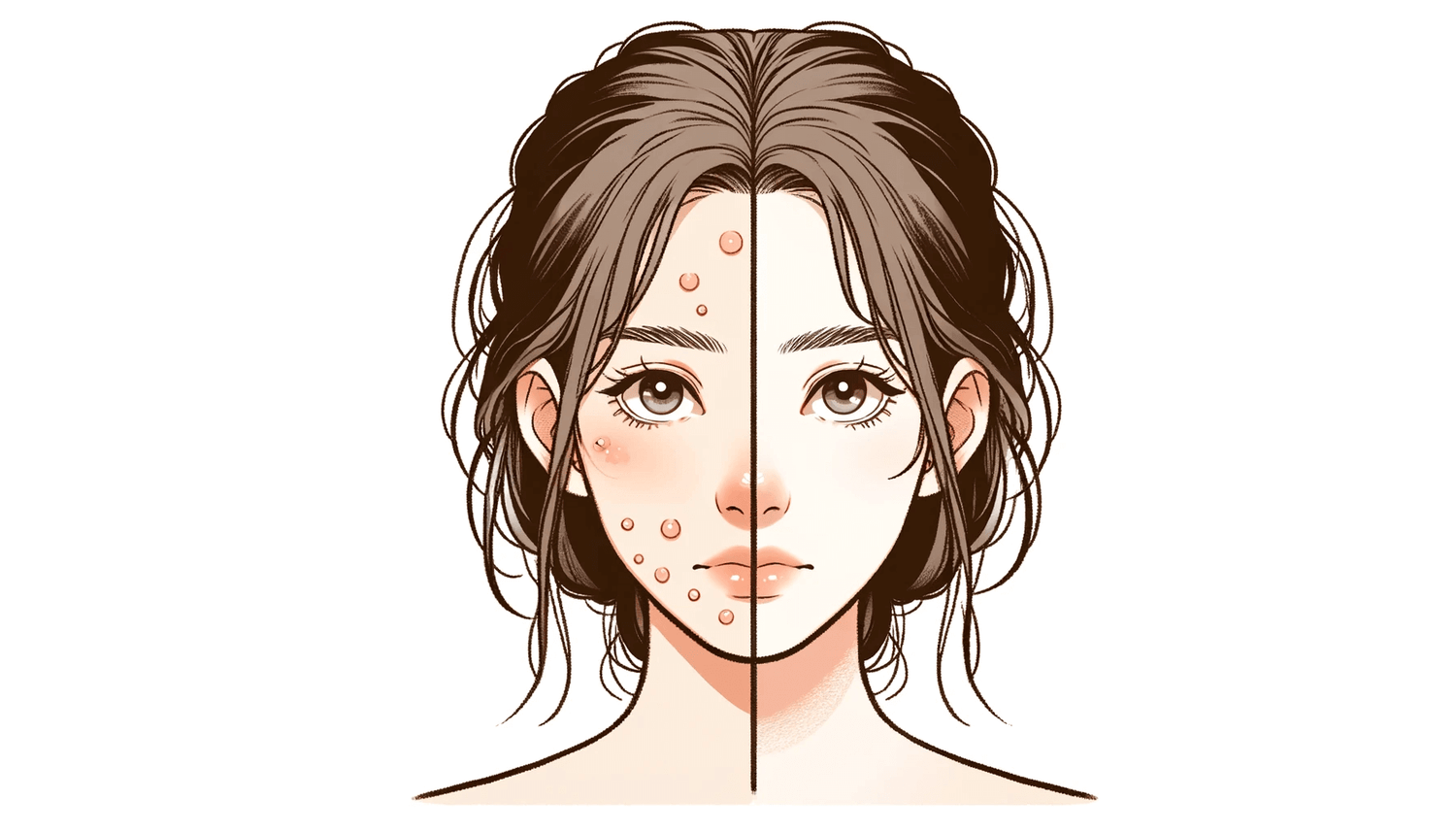
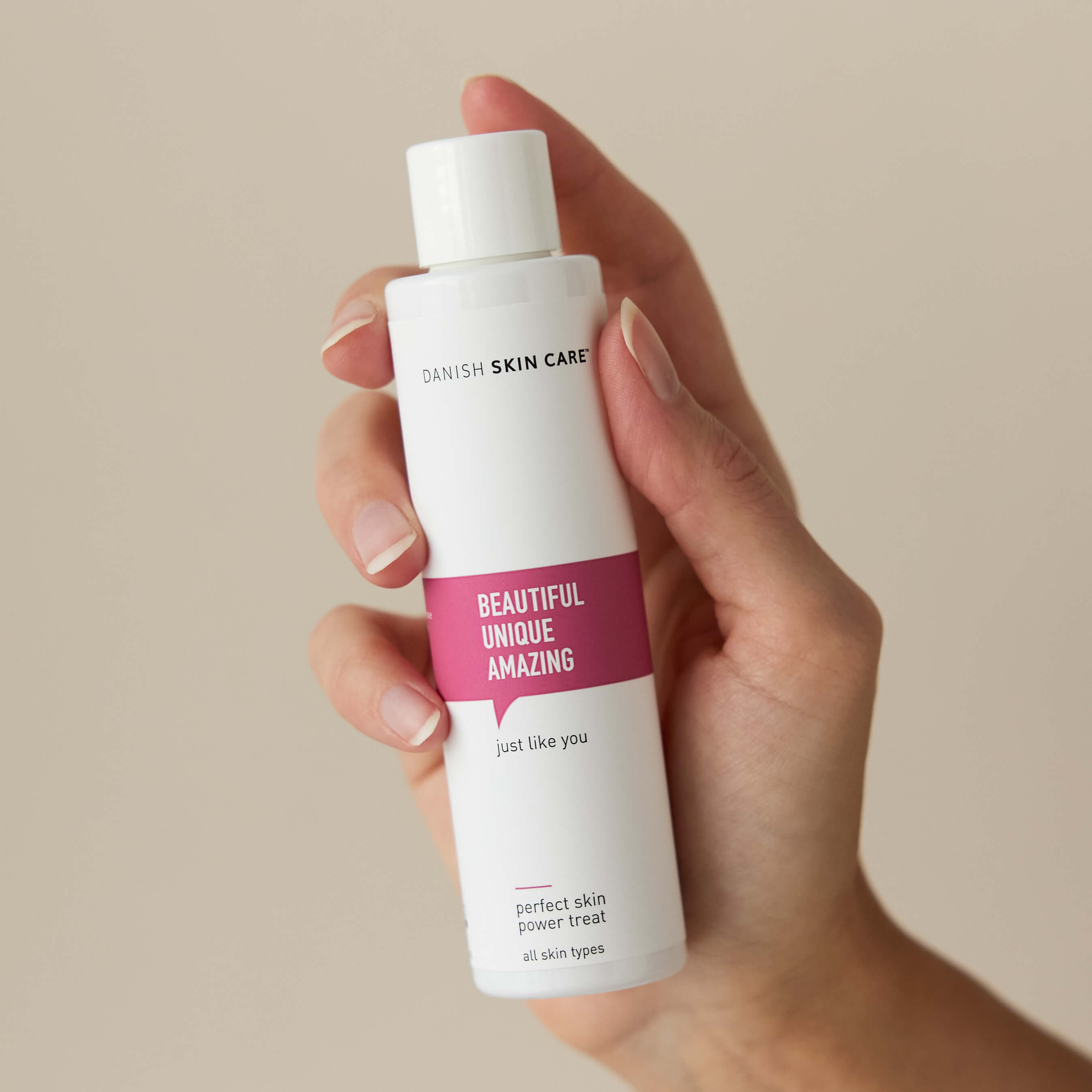
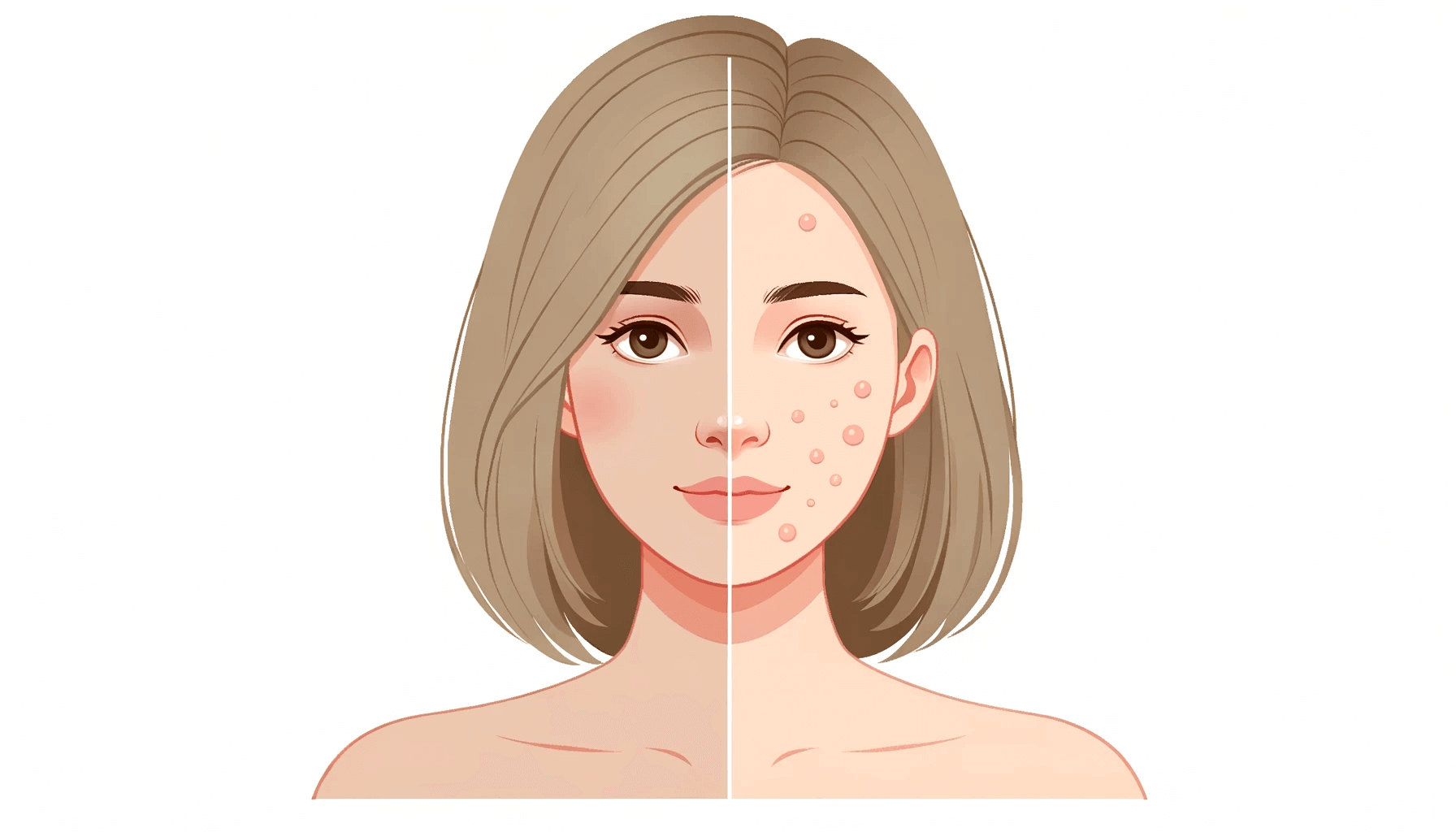

Leave a comment